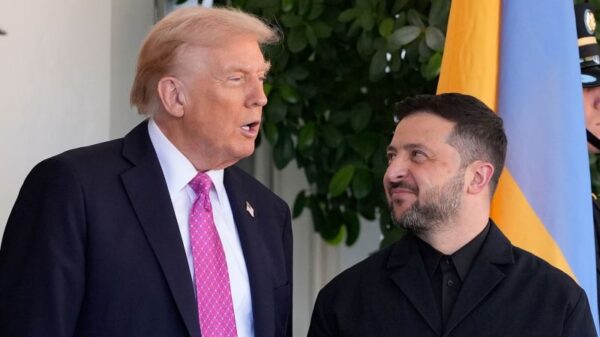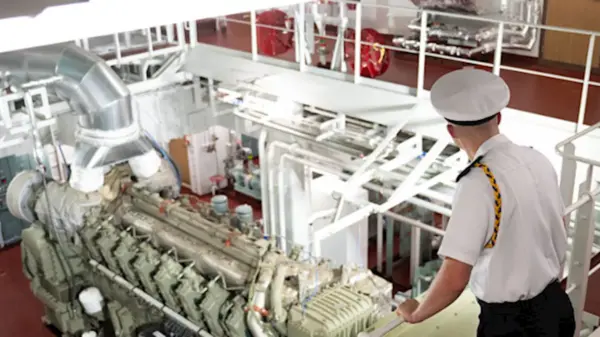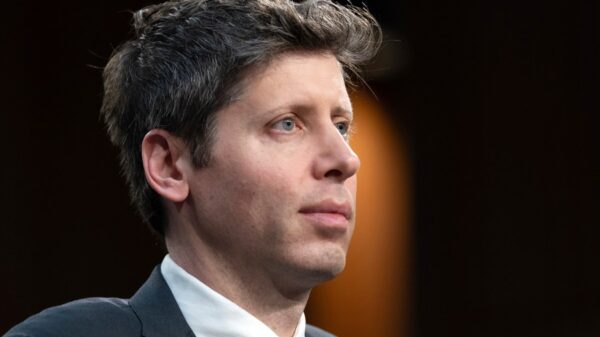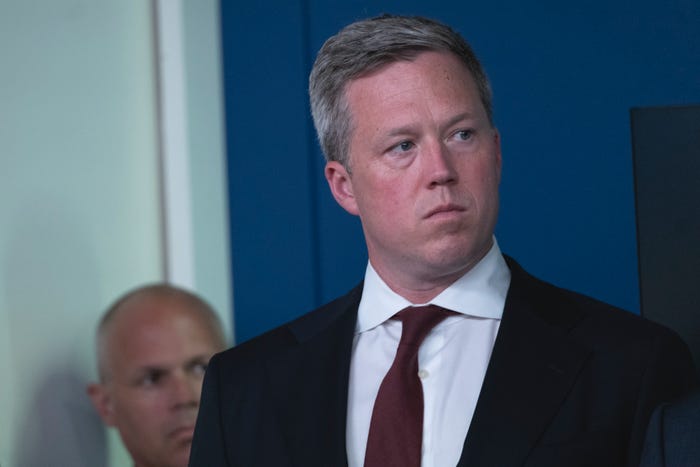UPDATE: In a groundbreaking address on Monday, US Army Secretary Dan Driscoll called for an urgent overhaul of military procurement processes, signaling a dramatic shift toward a more startup-friendly approach. Speaking at the Association of the United States Army meeting in Washington, Driscoll emphasized that the Army must innovate rapidly to ensure the safety of American soldiers.
Driscoll declared, “We cannot f—ing wait to innovate until Americans are dying on the battlefield,” underscoring the immediate need for change. He highlighted a procurement system that has long favored major defense contractors, saying, “We will set the pace with innovation, and we will win with silicon and software, and not with our soldiers’ blood and bodies.”
This urgent call to action comes as startups like Palmer Luckey’s Anduril are securing new military partnerships, indicating a shift away from reliance on traditional defense primes such as Lockheed Martin and Boeing. Driscoll stated that changes to the Army’s procurement processes would be announced “in just a matter of weeks,” aiming to disrupt a system that has lined the pockets of defense contractors for too long.
Driscoll also praised a Silicon Valley approach, which merges venture capital and mentorship with a startup culture, as essential for the Army. “We are going to completely disrupt the system that held the Army back for decades,” he asserted, emphasizing a future where acquisitions are measured in “months and thousands,” rather than years and billions.
The Defense Department is facing pressure to adapt quickly, particularly as major projects like the F-35 program have been plagued by delays and skyrocketing costs—over $165 billion beyond original estimates. Driscoll’s comments reflect a growing frustration with the sluggishness of prime contractors, which have failed to deliver timely advancements in military technology.
Driscoll has been vocal about the need for reform since taking office in February, pointing to a military procurement system that has “optimized for nearly everything other than the soldier.” He aims to ensure that the Army has the tools it needs to remain effective in current and future conflicts.
With a defense budget exceeding $800 billion, critics, including Elon Musk, have raised alarms over the Pentagon’s inefficiencies, citing a failed audit for the seventh consecutive year. Musk’s calls for accountability highlight the urgency of Driscoll’s mission.
As the U.S. military seeks to modernize, it remains dependent on traditional contractors for advanced technology. However, the recent success of Ukraine in utilizing innovative drone technology has inspired a wave of new defense startups eager to fill gaps in military capabilities. Driscoll’s vision aligns with the sentiment that a mix of traditional and new players is vital for military success.
Driscoll’s push for a streamlined, cost-effective procurement process reflects a broader trend in defense circles, with allies across Europe advocating for similar reforms. The urgency of the situation is palpable as the military grapples with the need for rapid adaptation to modern threats.
As the Army prepares to introduce new procurement measures, all eyes will be on the coming weeks to see how these changes could reshape the landscape of defense contracting. The implications for both soldiers in the field and the defense industry at large are significant, marking a potential turning point in how the U.S. military acquires essential technology and equipment.
This developing story highlights the critical intersection of military needs and technological innovation, with the potential for substantial changes that resonate well beyond the battlefield. Stay tuned for updates as the Army’s plans unfold.







































































